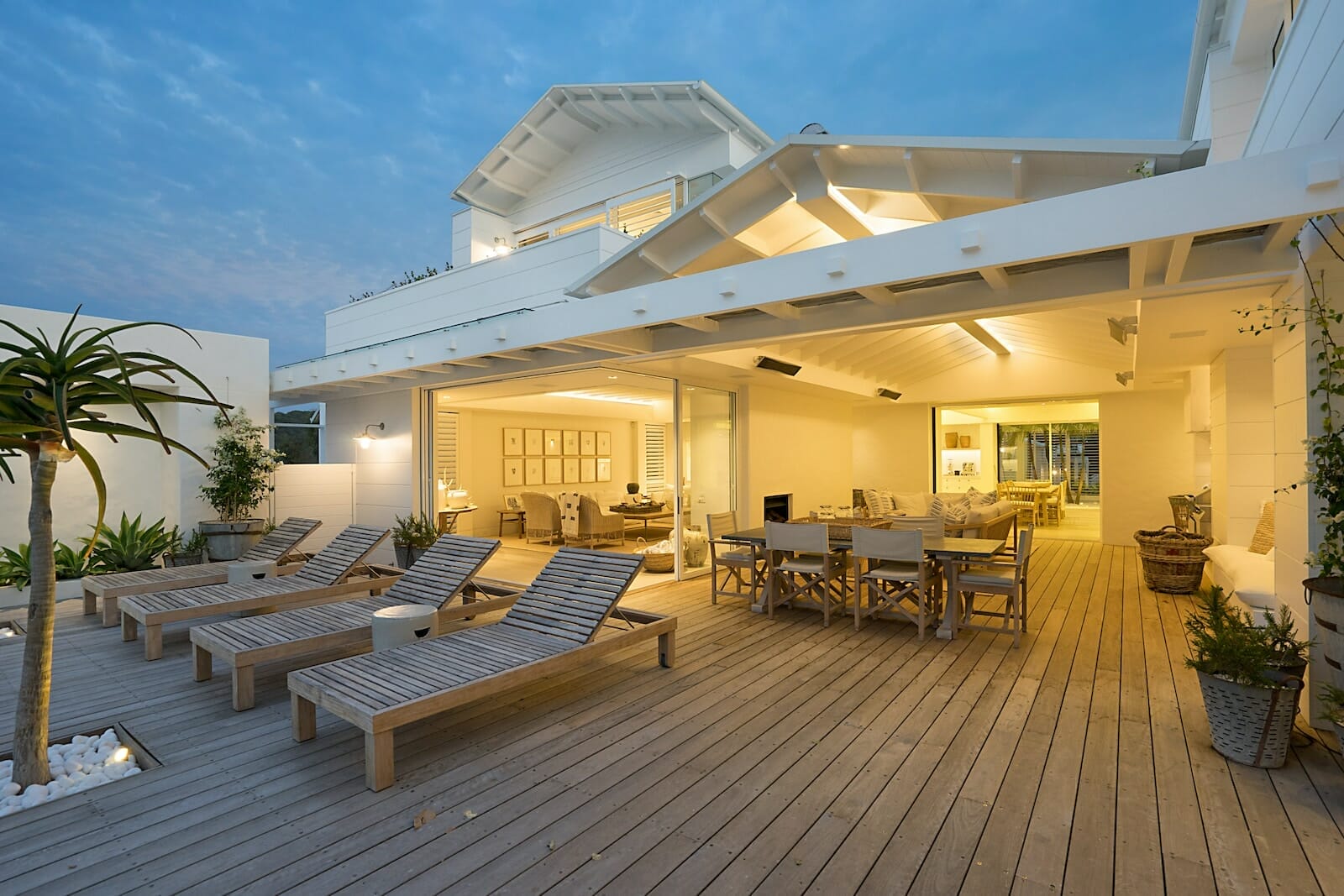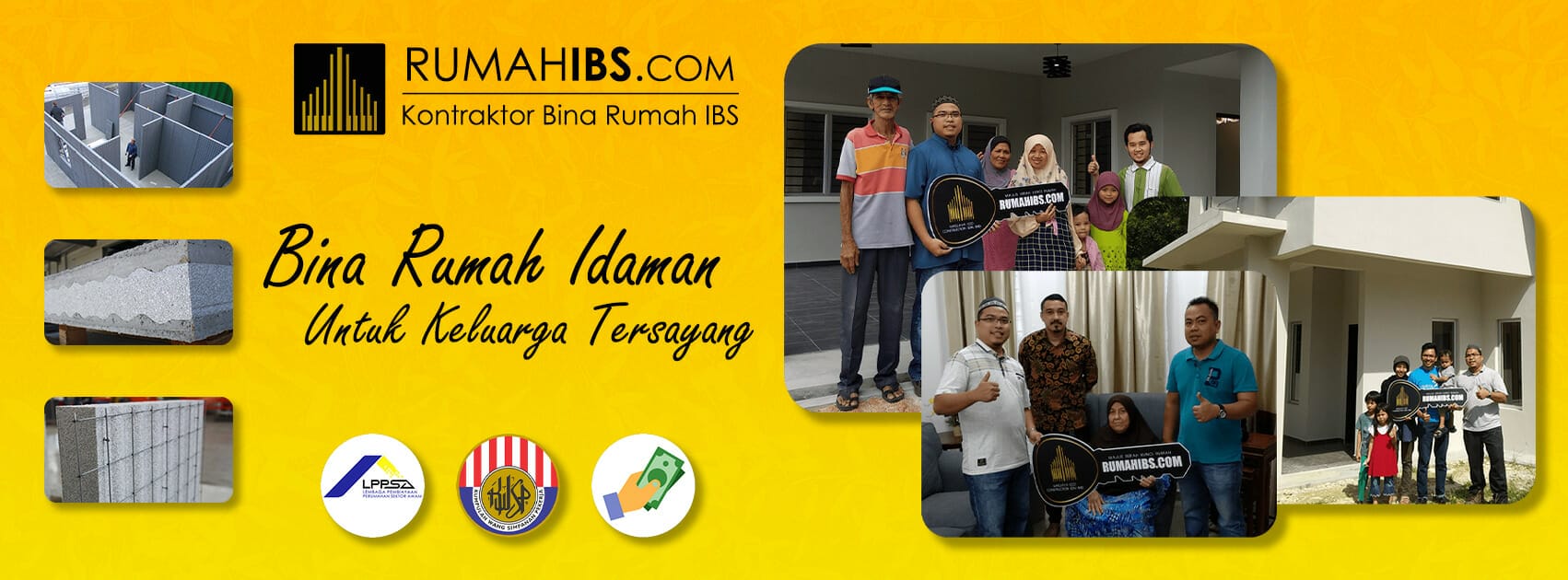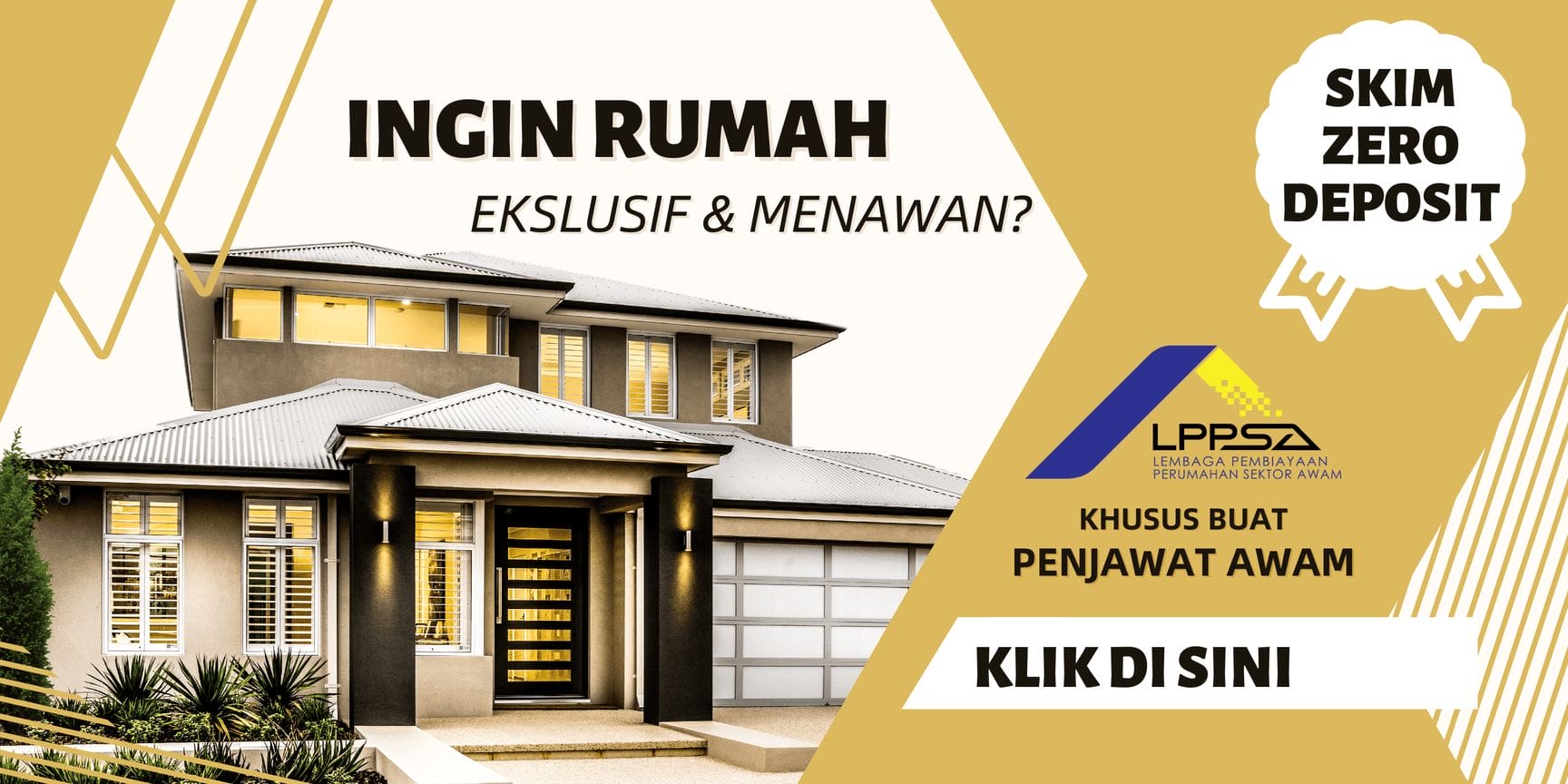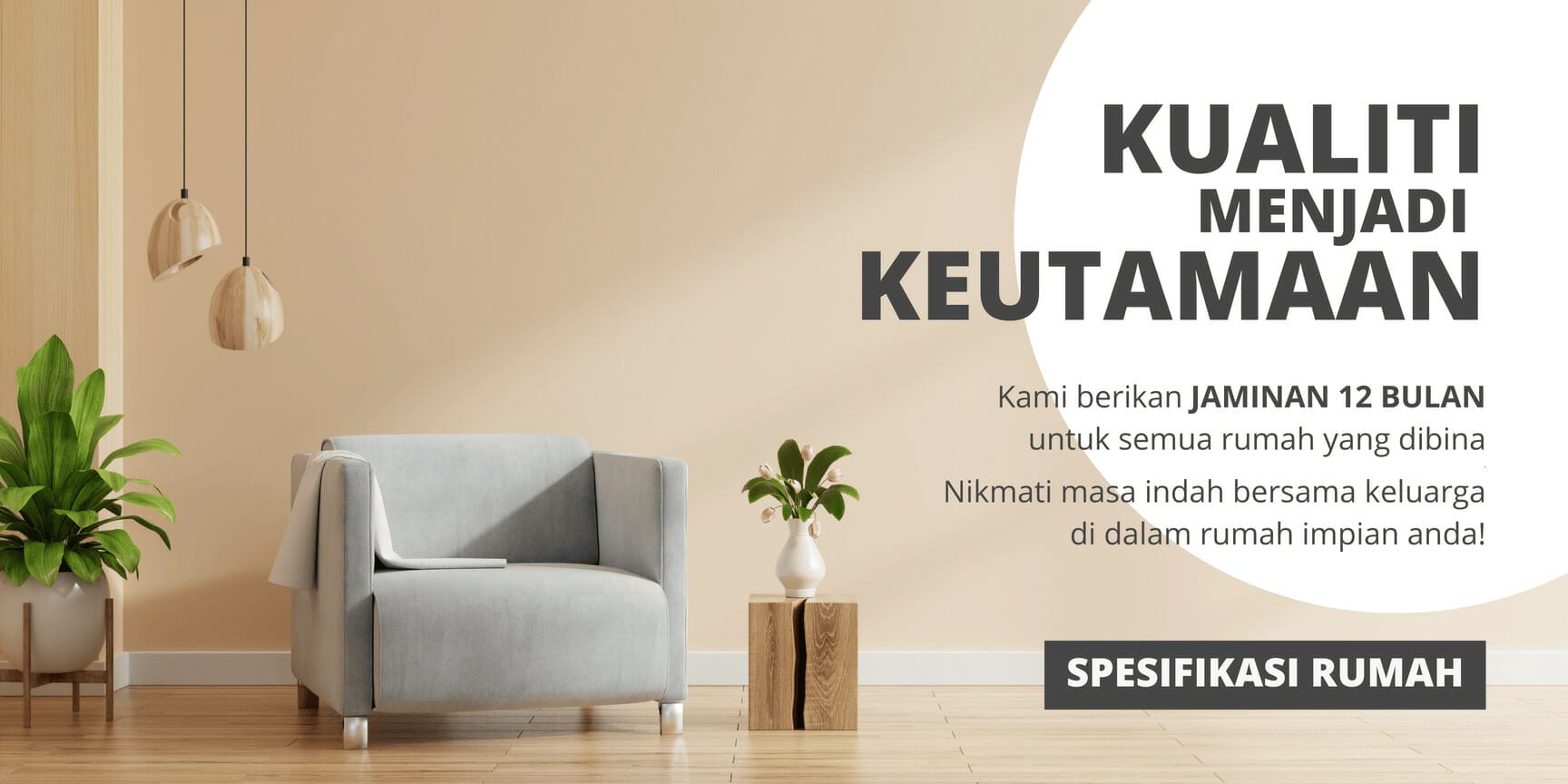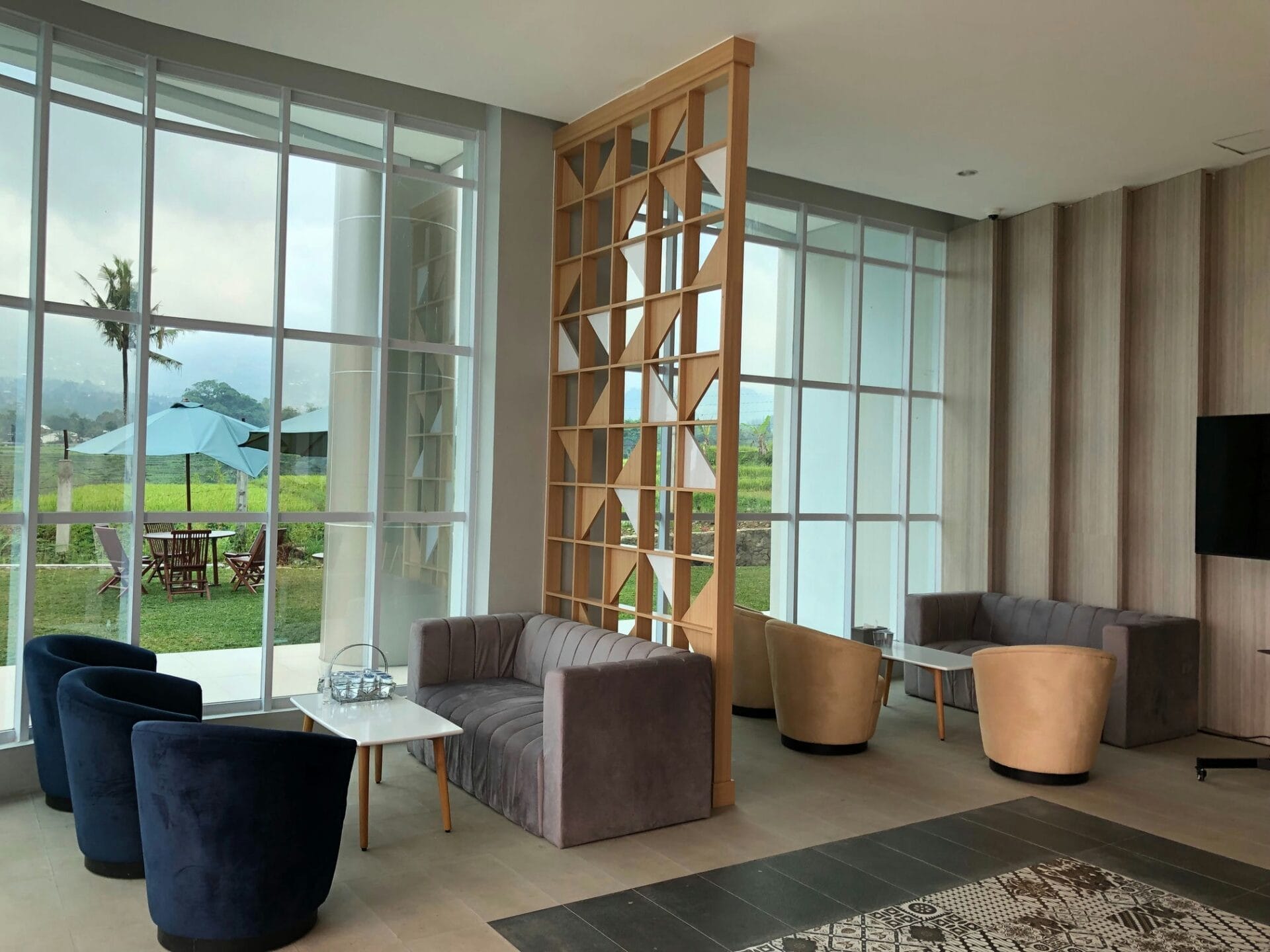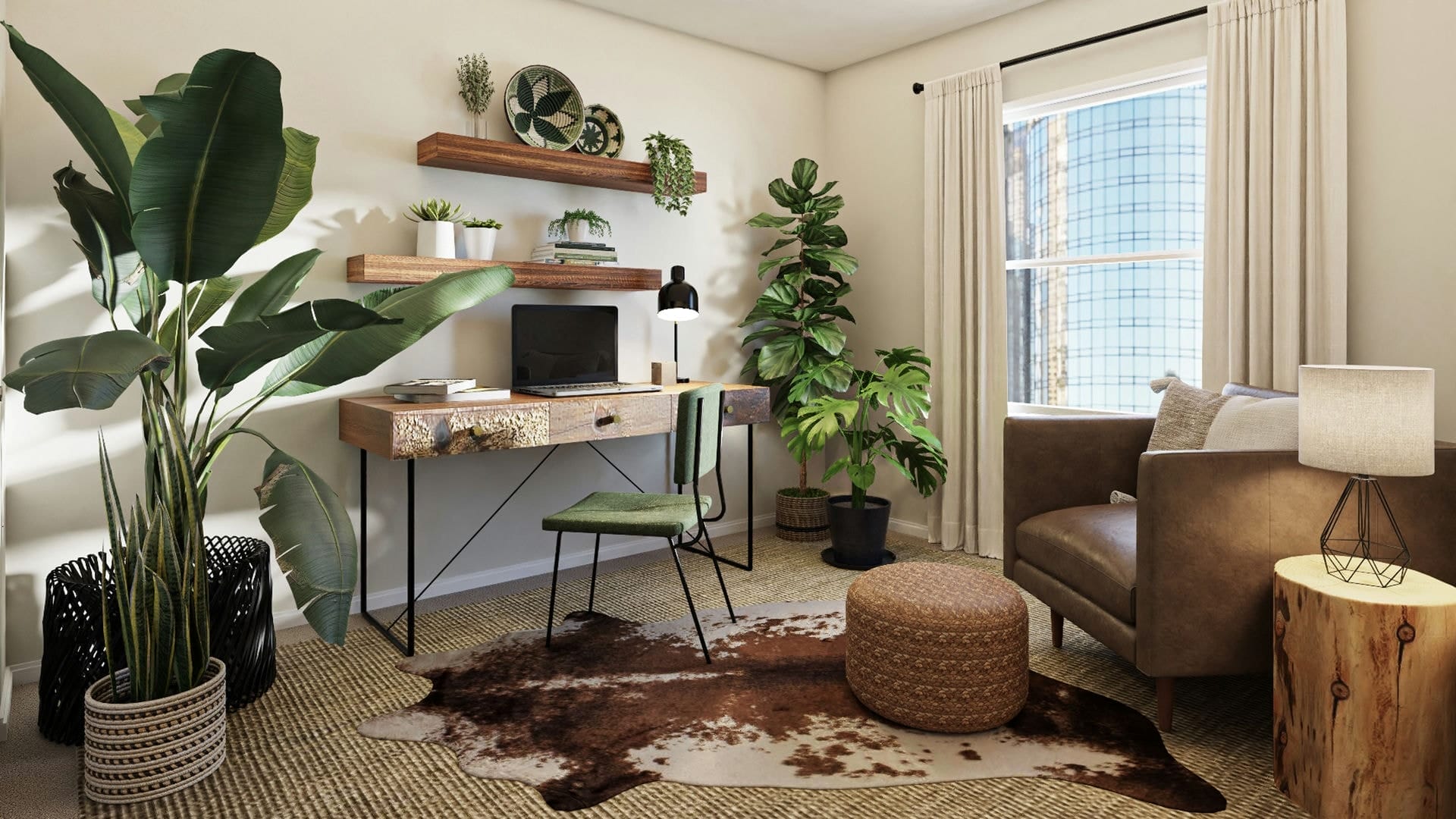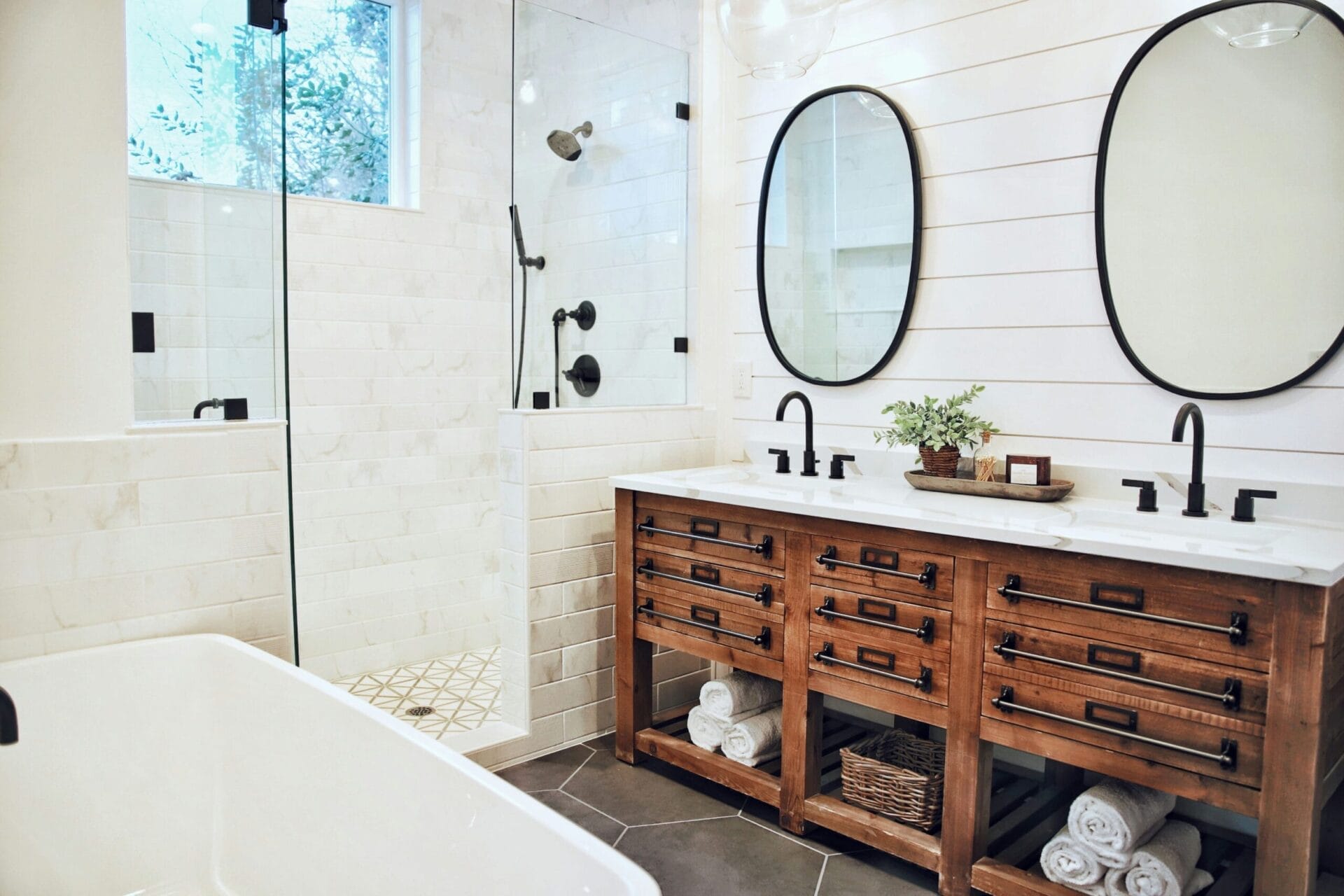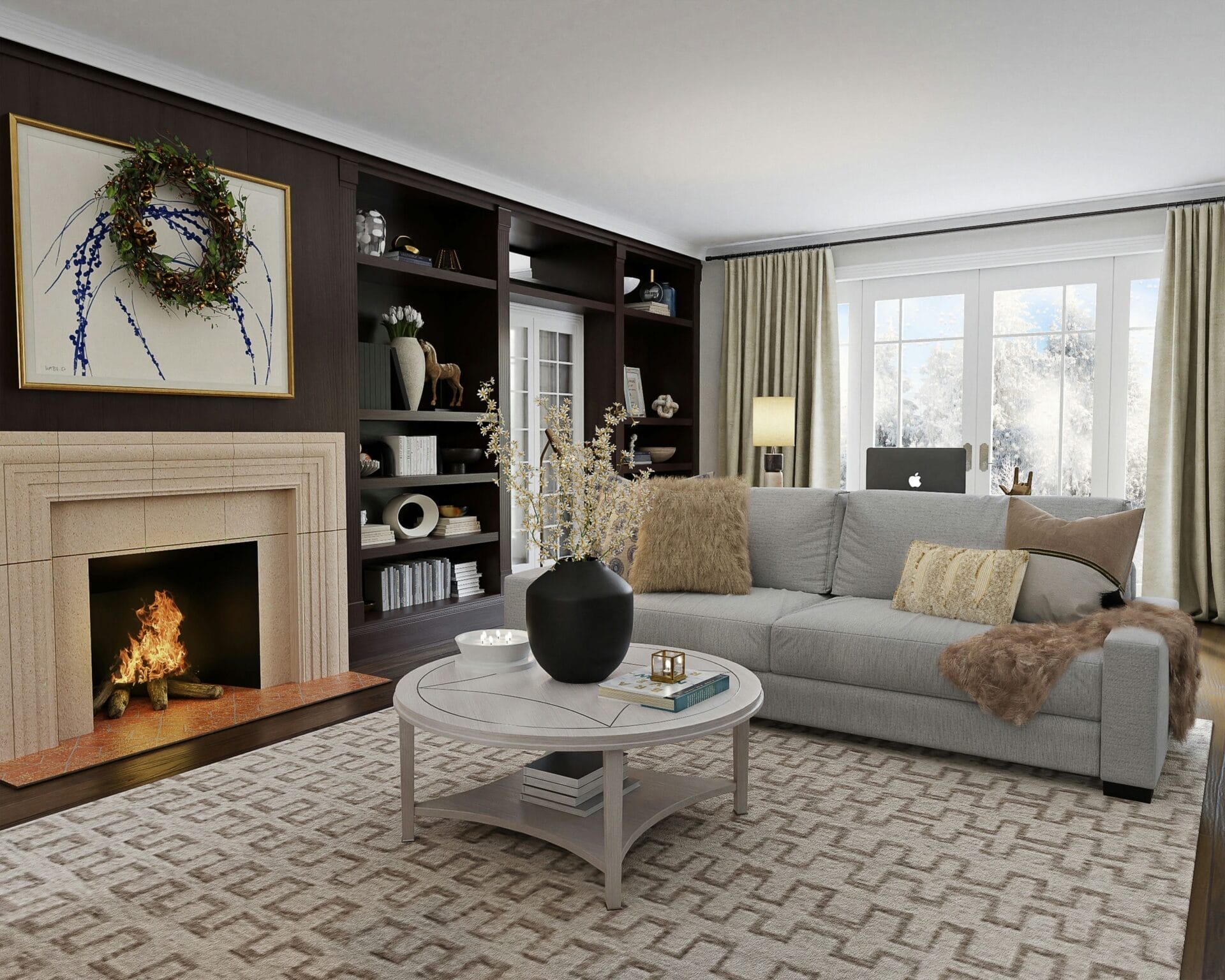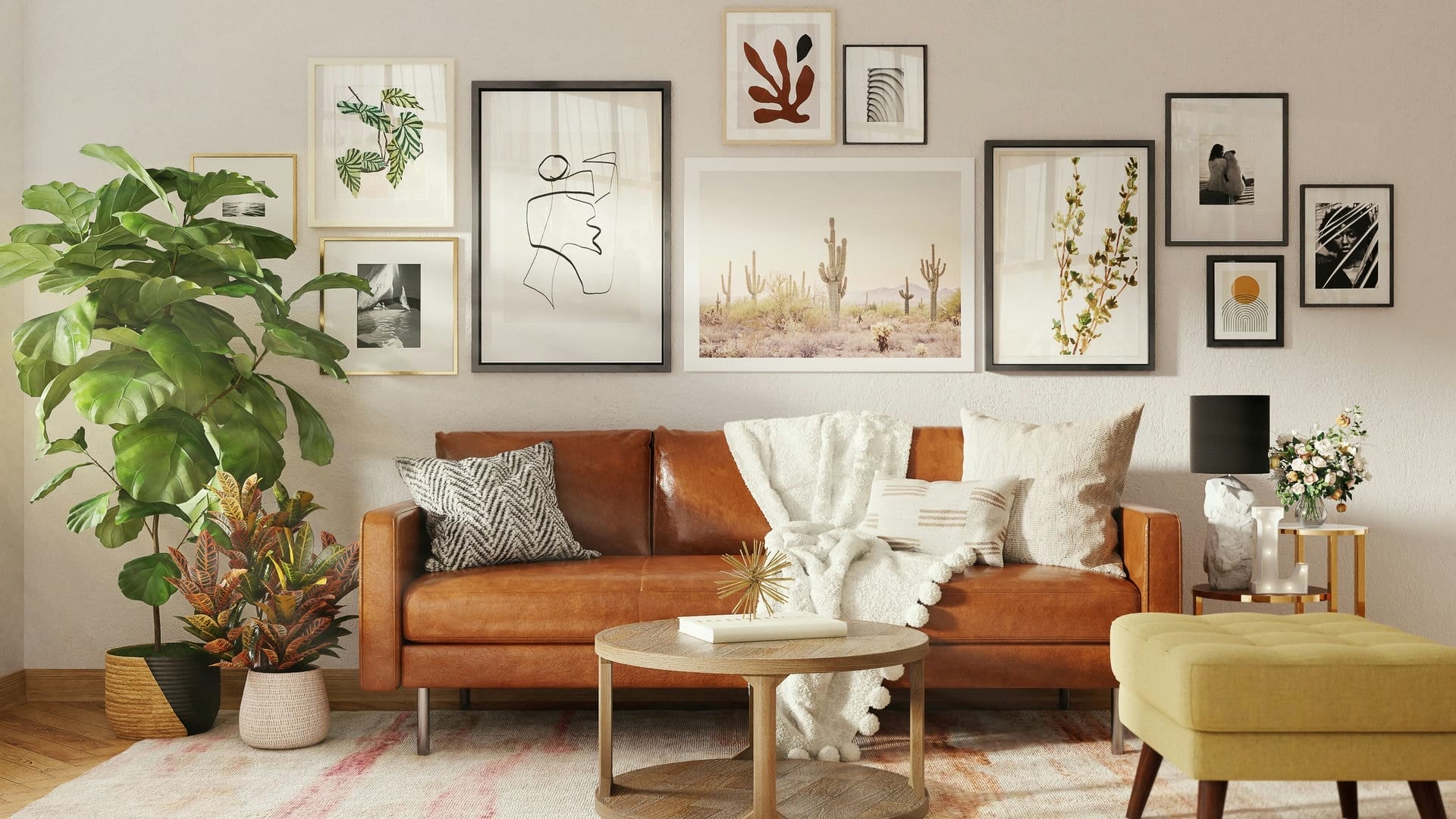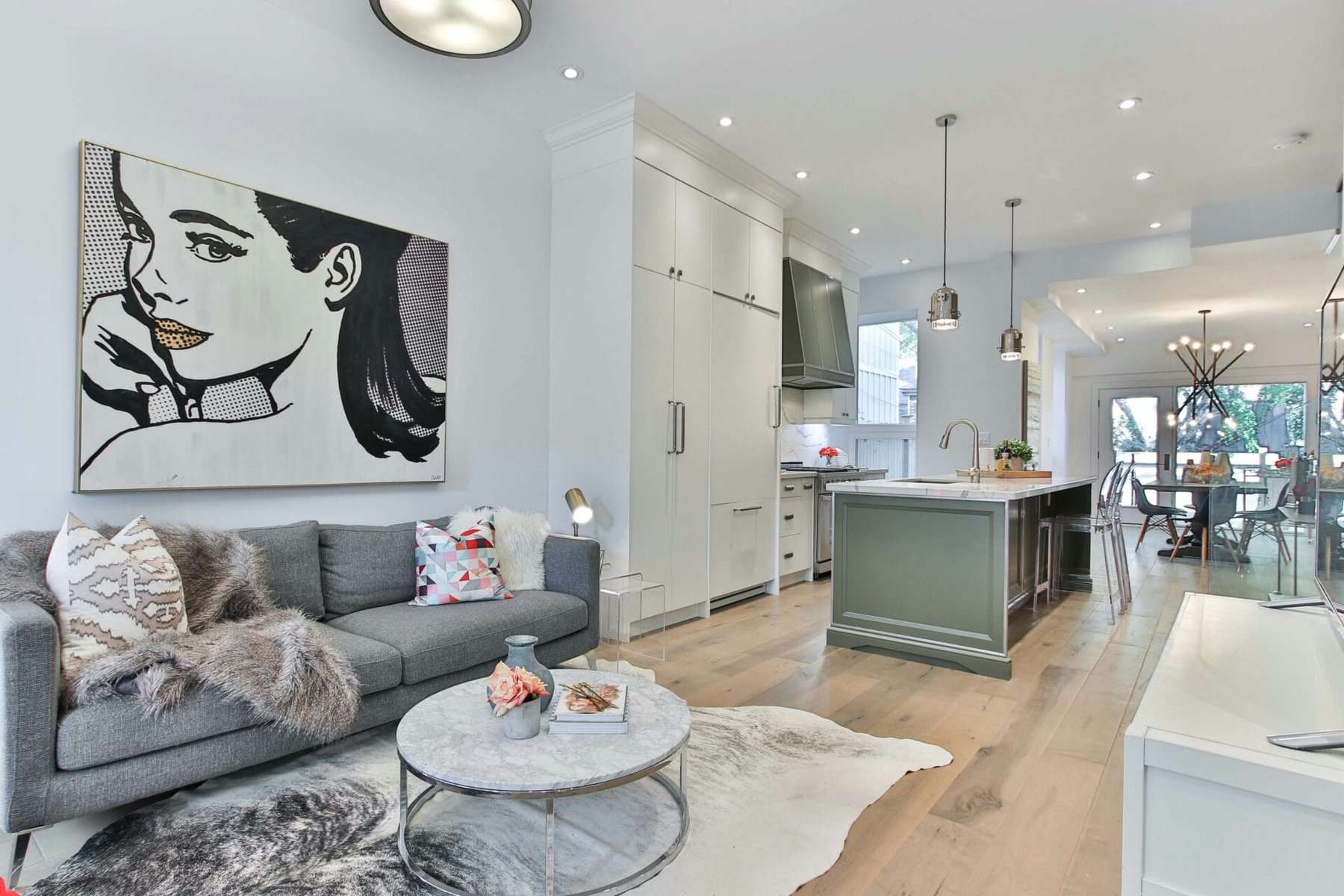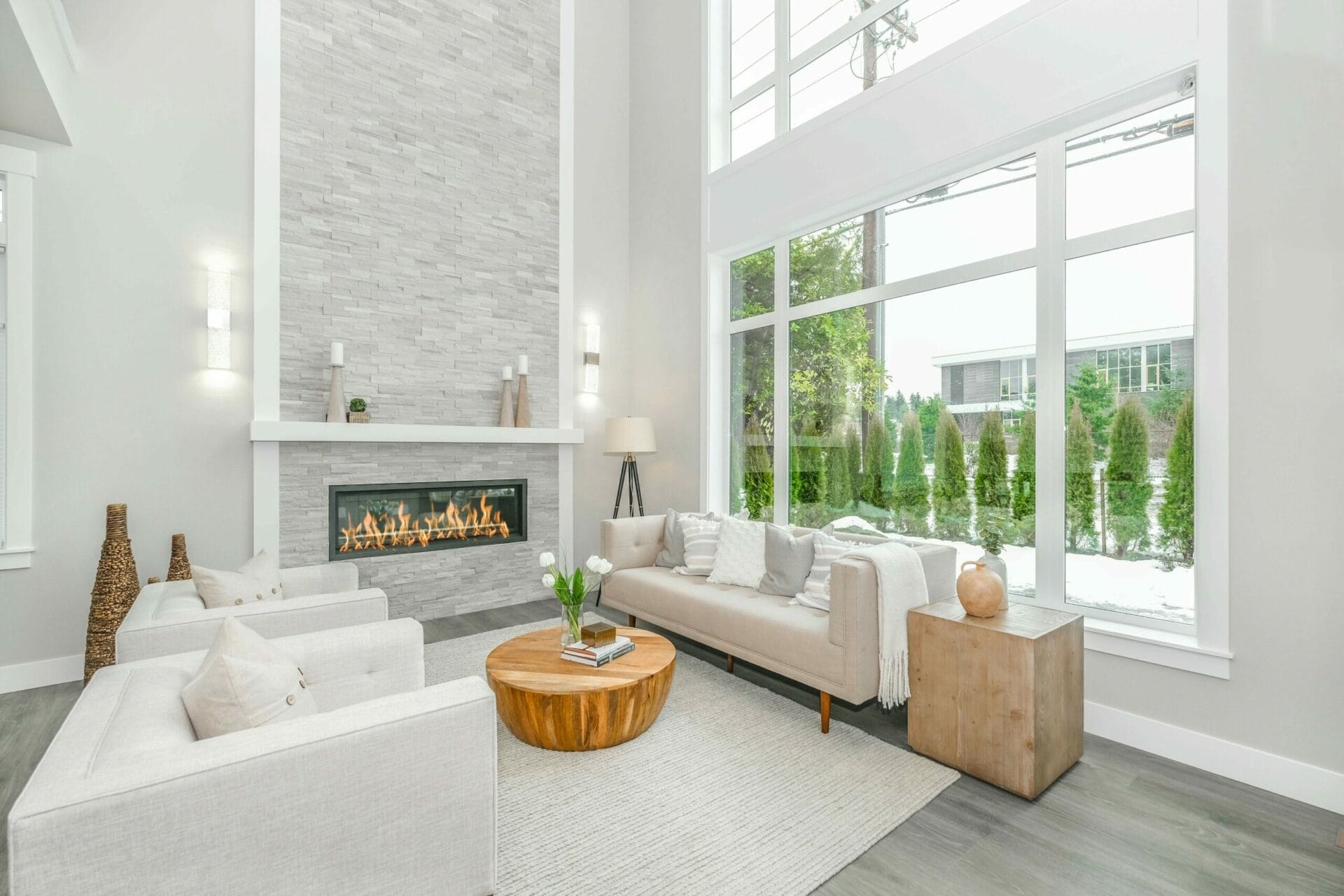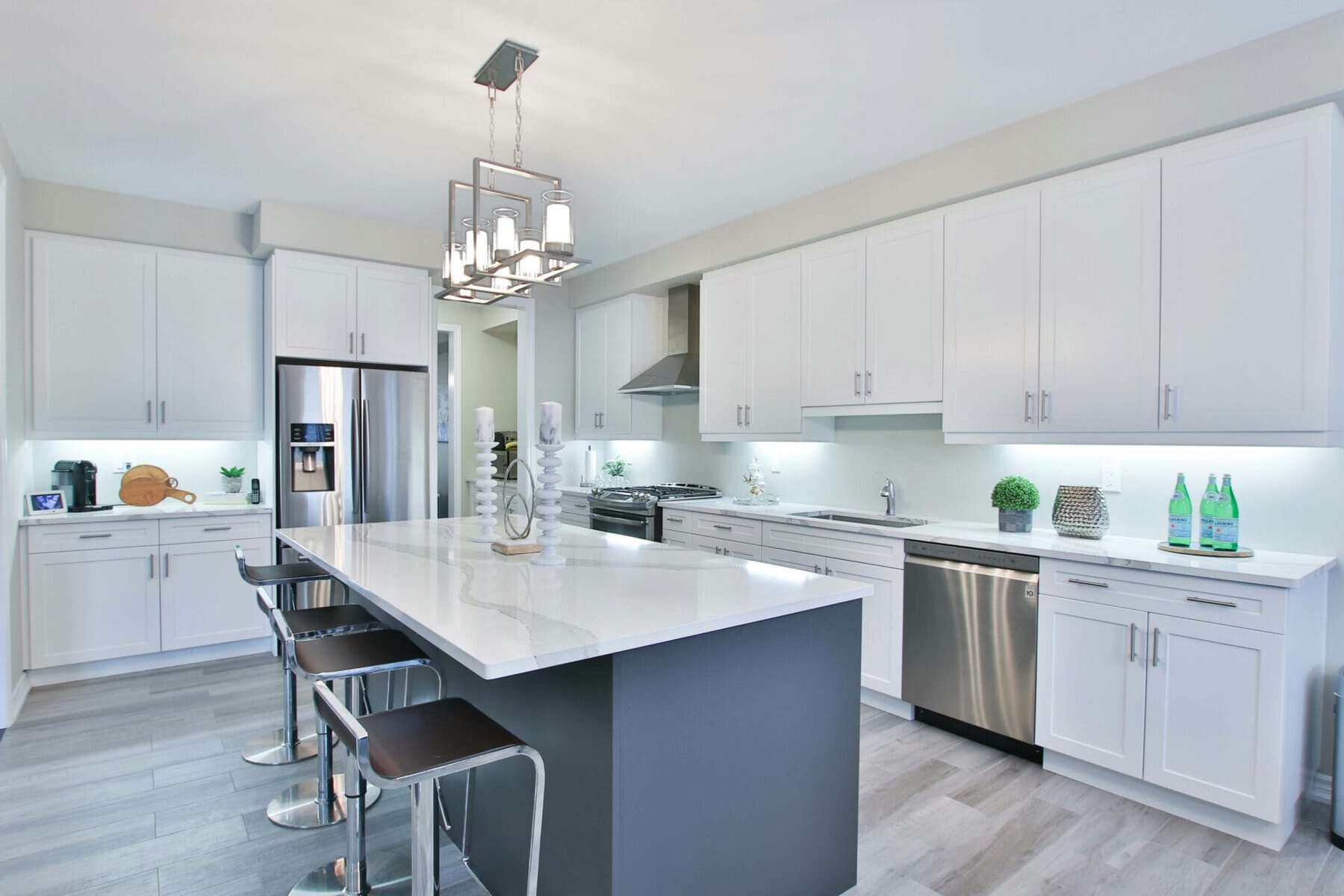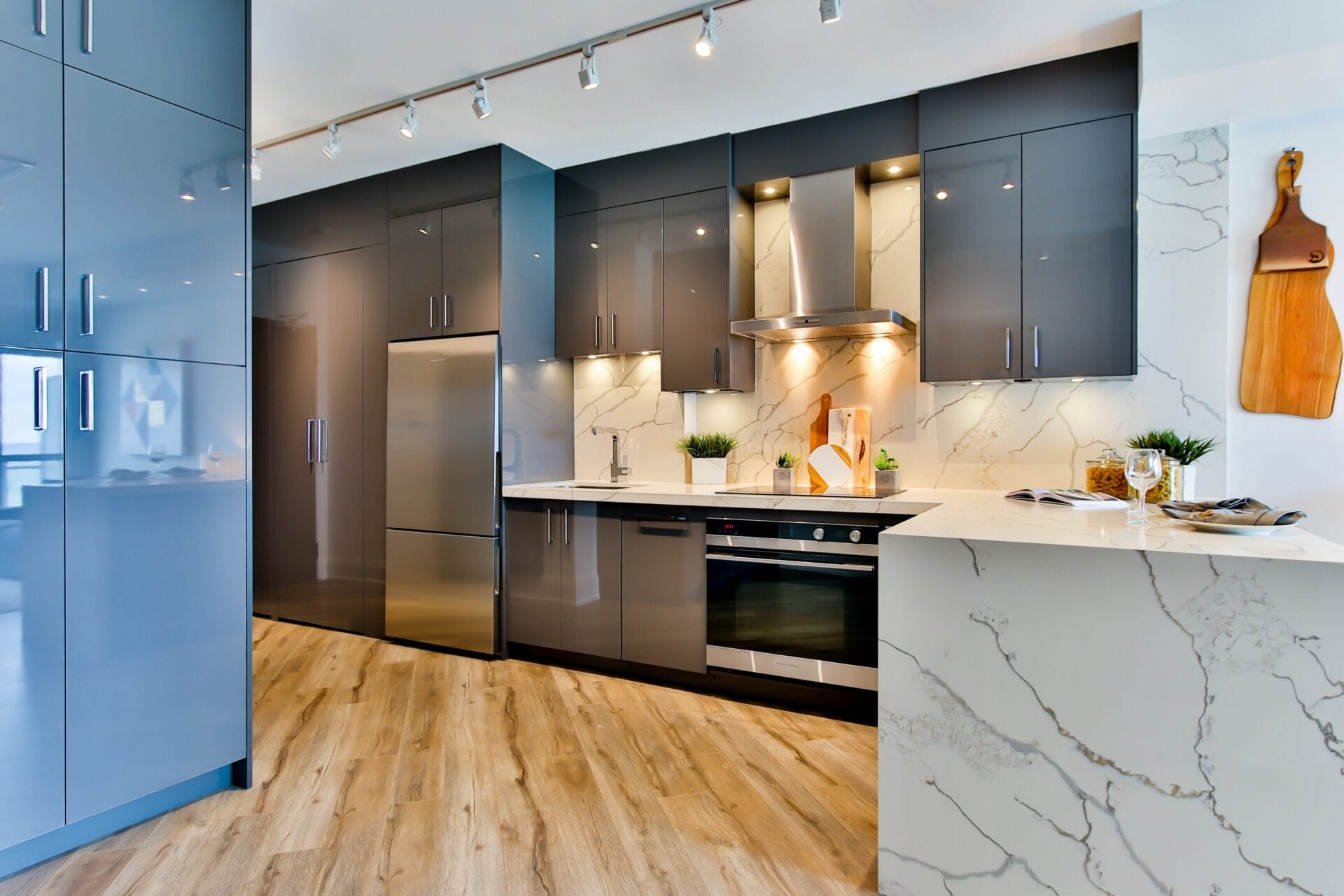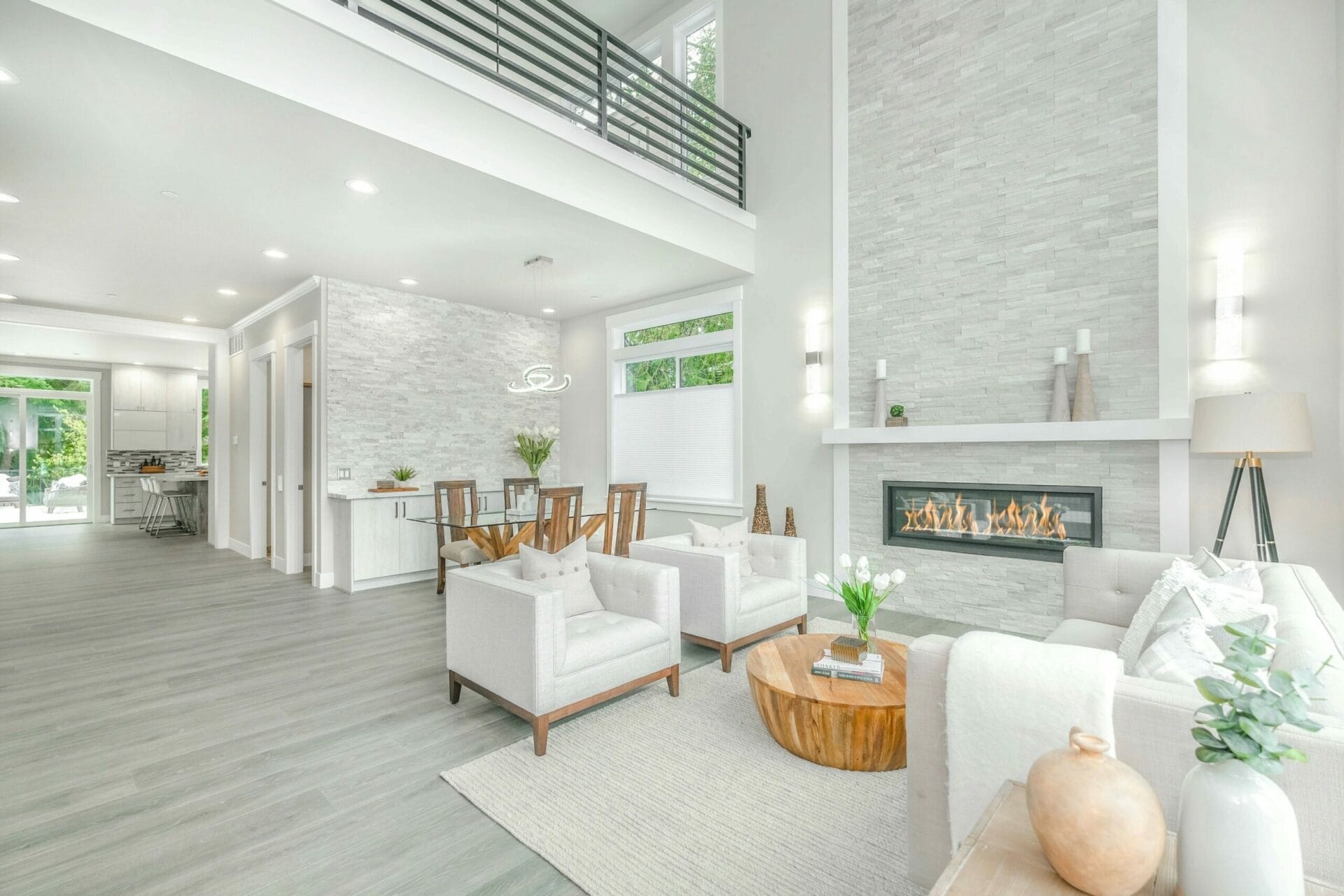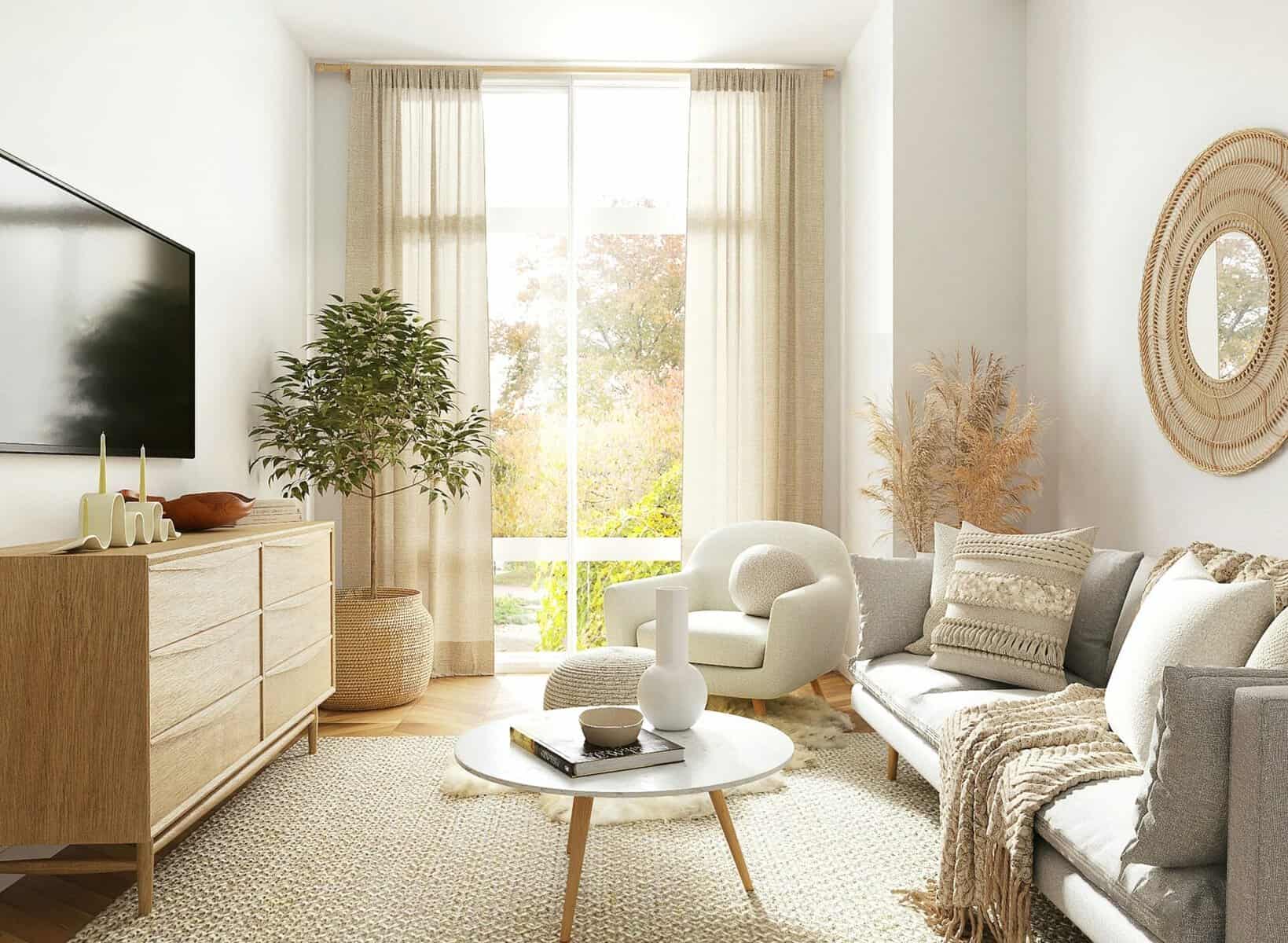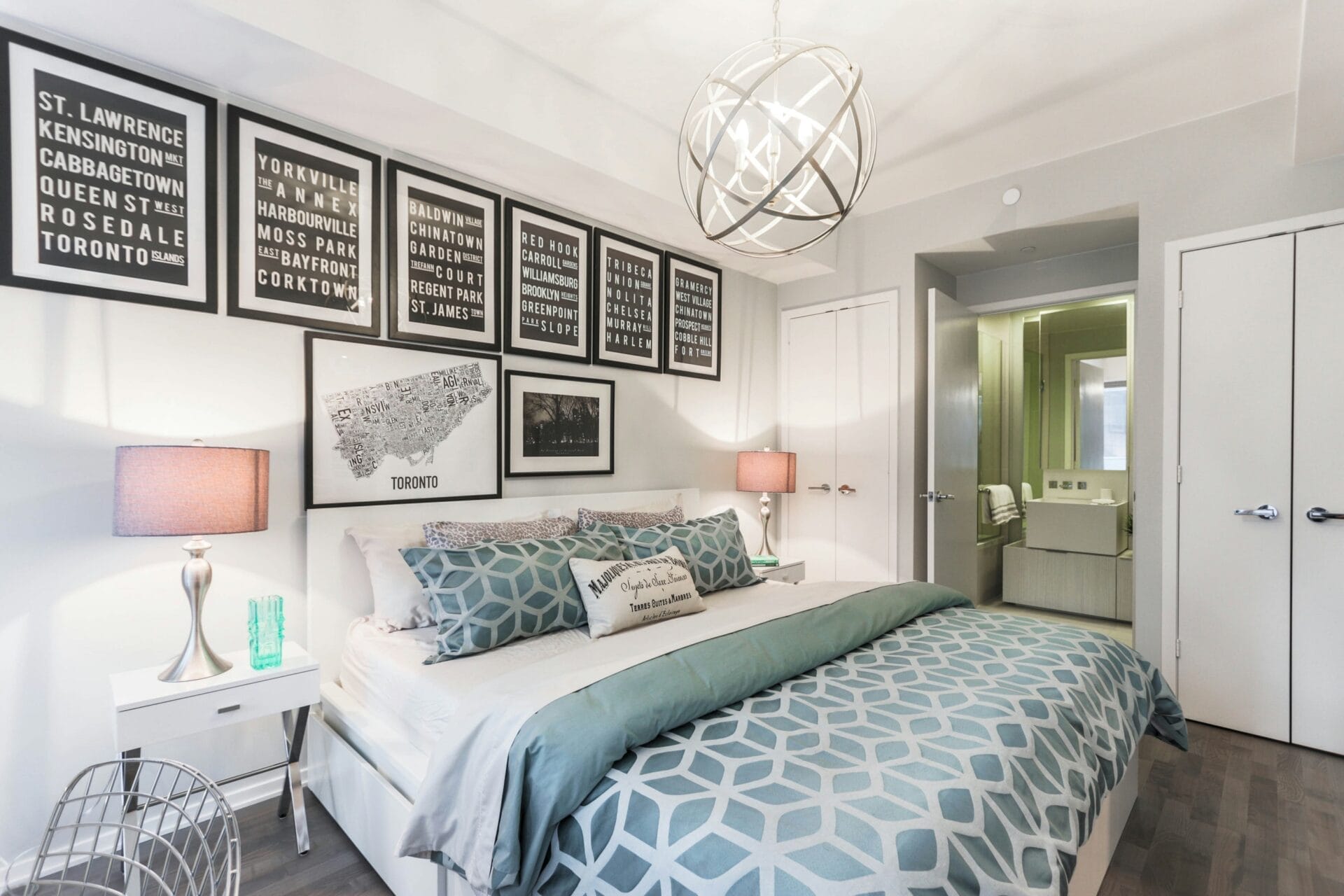Popular Questions About Hiring a Contractor to Build a House
- How do I find and choose a reputable contractor?
- What is the process for building a custom home?
- What are the costs and what can I expect to pay?
- How do I make sure the project stays on time and on budget?
- What should be included in the contract with the builder?
- How do I communicate effectively with my contractor throughout the process?
- How can I customize the home design and make selections?
- What are the different house styles and floor plan options?
- How long does it take to build a custom home?
- What are the steps after construction is complete?
How do I find and choose a reputable contractor?
Finding and choosing the right contractor is one of the most important decisions when building a custom home. Here are some tips for selecting a reputable contractor:
- Get recommendations. Talk to friends, neighbors, realtors, architects and others who have built homes recently and ask for referrals for contractors they were pleased with.
- Research credentials. Verify the contractor’s licenses, insurance and bonding. Make sure they have a good standing with your state’s licensing board.
- Look for experience. Choose an established contractor who has been in business for several years and has extensive experience building custom homes similar to your design.
- Interview contractors. Meet with 3-5 contractors in person, provide them with your plans and specifications and ask lots of questions about their experience, communication style, processes, costs and more.
- Check references. Ask contractors for client references and follow up with previous clients about their experience. Inquire about quality, timeliness, communication and handling of problems.
- Review online reviews. Check sites like Yelp and Angie’s List for customer ratings and feedback about the contractors you’re considering.
- Confirm availability. Make sure the contractor will have availability to start and complete your project within your desired timeline.
- Get bids. Have several contractors provide detailed bids based on your plans so you can compare. Make sure bids cover materials, labor, timeline and contingencies.
- Trust your gut. Pay attention to how comfortable you feel with each contractor. Building a custom home is a long process so it’s important to have a good rapport.
Taking the time to carefully research contractors on the front end will help you find one you can trust to turn your dream home into a reality.
What is the process for building a custom home?
The process of building a custom designed home has several key steps:
- Planning and Design – This involves creating initial plans and drawings that meet your needs, lifestyle and budget. Work with an architect to design your ideal home.
- Selecting and Purchasing Land – Choose a home site that accommodates your design. Retain a builder before making an offer to get their input.
- Finding a Contractor – Interview and obtain bids from several respected home builders. Vet them thoroughly and choose one you trust.
- Securing Financing – Work with lenders to get pre-approved for construction financing. This helps show you’re serious when making an offer on land.
- Finalizing Plans and Permits – Your contractor will finalize the plans, create build specifications and obtain necessary permits from your local jurisdiction.
- Signing a Contract – Review, negotiate if needed, and sign a thorough construction contract with your contractor.
- Customizing Selections – Make interior and exterior selections like flooring, countertops, fixtures, paint colors, etc.
- Groundbreaking and Construction – After permits are secured it’s time to break ground! Construction generally takes 6-12 months.
- Inspections and Certification – Your home must pass all inspections for electrical, plumbing, framing etc. throughout construction.
- Completion and Move-in – Once certified, it’s time to do a final walkthrough, sign off and move into your dream home!
Following this structured process with an experienced contractor minimizes headaches and ensures your custom home vision becomes reality.
What are the costs and what can I expect to pay?
Building a custom designed home is a major investment. Here are some cost factors to be aware of:
- Land acquisition – This may range from $100,000 to $1 million+ depending on location. Typically 10-25% of total budget.
- Construction costs – $100-$500 per sq. ft. is typical. Custom designs, high-end finishes, and complex structural elements increase costs.
- Soft costs – Plan design, permitting fees, surveys, inspections, financing costs. Usually an additional 20%+ of construction costs.
- Contingencies – Smart to budget 10-20% for unforeseen expenses that come up during construction.
- Total budget – $200-$600 per sq. ft. is common for a custom home. Really no limits though for luxury homes.
A 2,500 sq. ft. custom home often ranges $500,000-$1,500,000+ in total:
- Land – $150,000
- Construction – $250,000 ($100/sq.ft x 2,500 sq. ft.)
- Soft Costs – $100,000
- Contingency – $50,000
- Total – $550,000
Get quotes from contractors early and be ready for your total budget to be higher than initially expected. Building new allows you to create your perfect home, though costs add up quickly.
How do I make sure the project stays on time and on budget?
Staying on time and on budget when building a custom home is challenging. Here are some tips:
- Start with a realistic budget – Get solid estimates from contractors and cushion with a 10-20% contingency fund.
- Get a fixed price contract – This locks in the price upfront so you’re not surprised by cost overruns.
- Inspect work regularly – Do walkthroughs during each phase to ensure work meets your expectations.
- Approve payments in phases – Only release payment to contractor when work benchmarks are met.
- Communicate frequently – Discuss any changes, delays or concerns immediately to get back on track.
- Limit change orders – Adding changes mid-project can derail timelines and increase costs significantly.
- Build in a buffer – Pad the estimated timeline by a couple weeks to account for bad weather or other delays.
- Keep selections moving – Finalize selections for finishes in a timely manner to prevent slowdowns.
- Avoid going overboard on upgrades – It’s easy to get carried away upgrading finishes which drives costs up quickly.
- Monitor the budget – Regularly review costs incurred versus budgeted to avoid cost overruns.
Paying close attention to timelines, budgets and communication with your contractor will help ensure your project stays on track from start to finish.
What should be included in the contract with the builder?
A contract with your home builder is extremely important to lay out all details, expectations and legal protections. Make sure it includes:
- Fixed price – Specify total cost so there are no budget surprises. Outline payment schedules and process.
- Project timeline – Define milestones with estimated start and completion dates. Specify penalties for delays.
- Permits – State who is responsible for obtaining necessary permits/inspections.
- Design plans – List any final plans, specifications and selections that are part of the contract.
- Materials – Specify brands, models, quality standards and warranties for included materials.
- Workmanship warranty – Guarantee quality and durability of construction work for 1-2 years post completion.
- Change orders – Explain this formal process with associated costs if changes are requested mid-project.
- Unforeseen conditions – Determine who handles costs incurred for unexpected issues like permits, water table, soil conditions, etc.
- Insurance – Require liability insurance from the contractor to protect you.
- Dispute resolution – Specify mediation and/or arbitration process if disagreements arise.
- Termination – Define conditions where either party can terminate the contract.
- Signatures – Both you and the contractor should sign, along with witnesses and a notary.
Reviewing the contract with a real estate attorney helps protect your interests as the homeowner.
How can I communicate effectively with my contractor throughout the process?
Good communication with your contractor leads to a smooth home building process. Here are some tips:
- Have regular meetings – Weekly or biweekly on-site meetings to discuss progress, issues, questions.
- Follow up in writing – Document verbally discussed details, approvals, concerns via email for record.
- Provide plenty of lead time – For selections or change orders, give several weeks notice to avoid delays.
- Get explanations – If changes come up during construction, have the contractor explain reasons clearly.
- Share inspirations – Provide images or samples to clarify what you’re envisioning for finishes.
- Ask questions – Better to ask upfront than risk misunderstandings later that slow the project.
- Voice concerns promptly – Raise any concerns immediately before small issues snowball.
- Stay calm – Productive communication requires patience and cooperation even when stressed.
- Stick to chain of command – Respect the process and avoid going over the contractor’s head unnecessarily.
- Document changes – Keep a paper trail on changes for legal protection in case of disagreements later.
- Stay on site – The more you are on site, the better you can monitor progress and communicate with the builder.
Frequent, respectful and clear communication with your contractor makes for a seamless home building experience.
How can I customize the home design and make selections?
Building a custom home lets you put personal touches throughout. Here are some ideas for customizing your home design and selections:
- Layout – Adjust floorplan to fit your lifestyle needs by adding/removing walls, doors, closets.
- Architecture – Choose exterior style like farmhouse, craftsman, modern and custom details.
- Suite additions – Add private owner’s suite, guest suite, home office, gym, wine room.
- Kitchen – Select cabinets, countertops, sinks, backsplash, appliances and layout.
- Bathrooms – Pick sinks, tubs, showers, tile, cabinetry, lighting, mirrors, storage.
- Flooring – Hardwood, tile, stone, carpet – mix and match throughout rooms.
- Paint colors – Select interior and exterior color palettes and accent walls.
- Fixtures/finishes – Switch plates, faucets, doorknobs, hinges, vents, railings and more.
- Smart home – Integrate speakers, lighting, security, HVAC and other systems.
- Outdoor living – Design patio, deck, pergola, pool, outdoor kitchen based on lifestyle.
- Landscaping – Choose and place trees, plants, flowers, hardscape, fencing, lighting.
- Personal touches – Add built-ins, murals, wallpaper, custom art, specialty windows.
Collaborating with your architect and builder brings your personal vision to life in the custom details.
What are the different house styles and floor plan options?
Popular house styles and floor plans to consider for a custom home include:
House Styles
- Farmhouse – Cozy and casual with wraparound porches. Metal roofs, board and batten siding.
- Craftsman – Low pitched roofs, exposed beams, built-in shelves. Focus on natural materials.
- Colonial – Symmetrical facade, two stories. Features columns, shutters, dormers.
- Cape Cod – Simple, compact design. Steep roof, wood siding, dormer windows.
- Mediterranean – Stucco walls, clay tile roofs, arches. Outdoor courtyards common.
- Modern – Clean lines, large windows, flat or slanted roof. Open floor plans.
Floor Plans
- Open concept – Combining kitchen, dining, living. Creates large communal area.
- Great room – Large open family room as central hub and communal space.
- Multi-generational – Additional bedrooms, kitchenettes for extended family.
- Tiny home – Compact footprint under 1,000 sq.ft.. Maximizes smaller spaces.
- In-law suite – Private living space for relatives with separate entry.
- Home theater – Dedicated screening room for entertainment.
- Guest house – Provides extra bedrooms and living areas for visitors.
Discuss options with your architect and choose styles aligned with your aesthetic, lifestyle and budget.
How long does it take to build a custom home?
The timeline to build a custom designed home often spans 6-12 months, sometimes longer for especially large or complex projects.
Typical phases and timeframes:
- Design and permitting – 2-4 months
- Land purchase and preparations – 1-3 months
- Foundation – 1-2 months
- Framing – 1-2 months
- Exterior finishes – 1-2 months
- Interior finishes – 2-4 months
- Landscaping – 1-2 months
- Total timeline – 6-12+ months
Factors impacting timeline:
- House size and complexity of design
- Permitting process in your area
- Any land issues that need resolving
- Ordering and delivery of materials
- Availability of contractors
- Weather delays
- Change orders
Building a quality custom home takes careful planning, attention to detail and patience throughout construction. Work closely with your contractor to establish and stick to a realistic timeline.
What are the steps after construction is complete?
Once construction of your new custom home is wrapped up, there are still some important final steps:
- Final walkthrough – Thoroughly inspect home to identify any punch list items that need fixing.
- Fix and clean – Ensure any last minute fixes or touch ups are completed and home is pristine.
- Closing and payment – Final balance due is paid to contractor upon satisfactory final walkthrough.
- Permit sign off – Local inspectors will do final inspection to sign off on permits.
- Certificate of occupancy – With permits closed out, certificate of occupancy is issued confirming home is code compliant.
- Home warranty – Builder provides 1-2 year warranty covering defects in workmanship or materials.
- Move in – Time to stock up on boxes and move your belongings into your gorgeous new dream home!
- Landscaping – Finish up outside beauty by planting grass, trees, flowers, decor in the weeks after moving in.
- Settle in – Enjoy get-togethers with friends and family to show off your new custom built masterpiece!
Taking the time to wrap up details and break in the new space makes for a smooth transition into your ideal home.
Key Takeaways
- Interview multiple contractors thoroughly and read reviews to find a reputable builder you connect with.
- Creating fully custom plans with an architect maximizes opportunities to personalize your home.
- Be prepared for a total budget of $200-$600+ per square foot depending on finishes and location.
- Oversee regular inspections and keep change orders minimal to stay on time and budget.
- Contract should cover all specifications, timeframes, responsibilities and legal protections.
- Communicate frequently in writing and in-person to prevent problems or confusion.
- Make selections for finishes early to prevent delays in ordering and installation.
- Choose house style and floorplan that perfectly fits your lifestyle and design vision.
- Typical custom home construction takes 6-12 months depending on size, weather, changes.
- Do a thorough final walkthrough and sign-off before making final payment to contractor.
Conclusion
- Building a custom designed home is an exciting but challenging process requiring research, planning and patience.
- Finding the ideal home site and reputable contractor suited to your project are crucial first steps.
- Continual communication and maintaining realistic budgets and timelines helps ensure a smooth process from start to completion.
- The end result is a one-of-a-kind home tailored exactly to your unique specifications and lifestyle.
kontraktor rumah
bina rumah
pinjaman lppsa
pengeluaran kwsp
spesifikasi rumah
pelan rumah
rekabentuk rumah
bina rumah atas tanah sendiri
kontraktor rumah selangor


